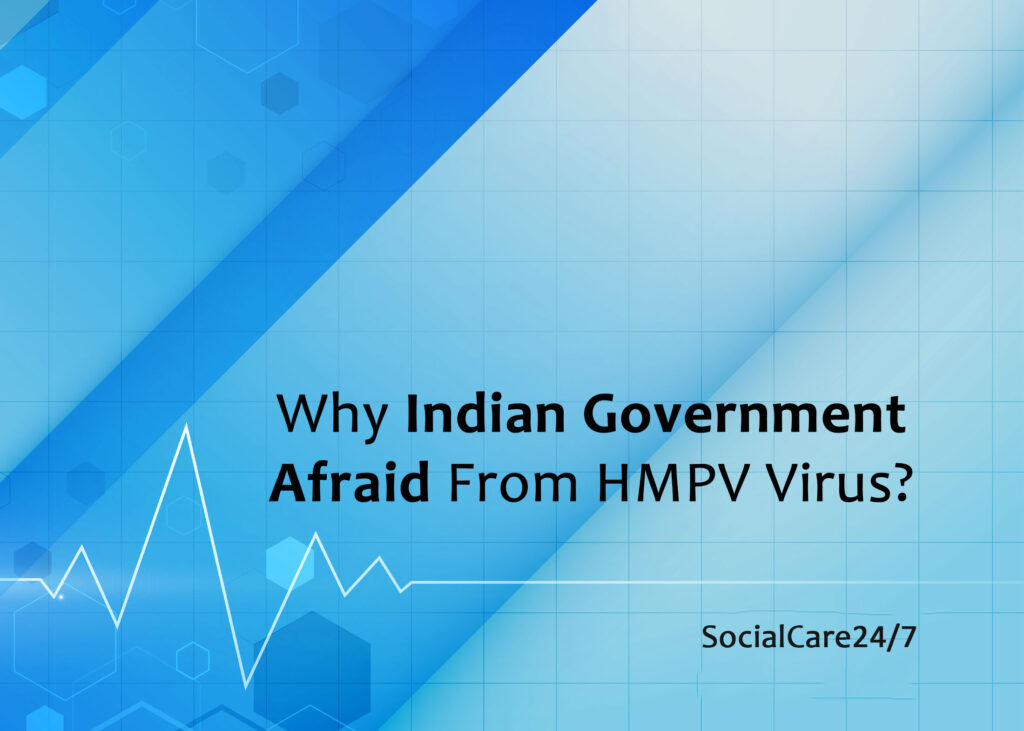India’s health experts are increasingly concerned about human metapneumovirus (HMPV), a lung virus that has caused global worry. Although the HMPV virus has been known for a long time, new instances of its rapid spread have alarmed the Indian government.
About 10 to 15 percent of all respiratory infections around the world are thought to be caused by HMPV. This is especially true for young children, the old, and people whose immune systems aren’t working well.
HMPV mainly causes respiratory illnesses. The symptoms might range from mild cold-like symptoms to severe pneumonia. Children, the elderly, and those with weak immune systems worry about HMPV infections. In recent months, HMPV infections have been reported worldwide. The Indian government has increased its response to some of these incidents.
The virus’s speedy spread, especially in busy places, is one of the main reasons the Indian government is worried. Diseases spread swiftly in India’s densely populated urban and rural areas. Since the COVID-19 pandemic continues, the administration fears another lung infection that could strain the healthcare system.
HMPV can induce severe asthma, which is an issue for India’s healthcare system. Many people already use hospitals, especially in rural places. Adding a new respiratory virus could make the system fail. The lack of a unique vaccine or antiviral treatment for HMPV makes it even harder to stop the virus from spreading.
The possibility of co-infections is another big worry for the Indian government. HMPV is easy to combine with other viruses, like influenza and COVID-19, making symptoms and problems worse. India is still dealing with the effects of the COVID-19 disaster, and the chance of a dual infection could be very bad.
The Indian government has good reason to be worried about the HMPV virus because it can spread quickly, affects people who are already weak and could put extra stress on a healthcare system that is already busy. The situation is still changing, and the government is doing everything possible to stop an outbreak on a bigger scale.



